Transformative event
AI and technology innovations are transforming the Paris Olympics with applications ranging from training athletes to enhanced broadcast experiences to efficient energy management.
The International Olympic Committee recognized the transformative potential of AI in the "Olympic AI Agenda" report published in April. The IOC said it aims to adopt a "holistic approach to explore the great potential of AI, while mitigating the risks".
The agenda sets out a list of AI goals that focus on optimizing the Games, detecting talent, and reducing human bias. Many of these applications are being tested for the first time in Paris.
Thomas Bach, the IOC president, emphasized the importance of using AI to safeguard athletes from cyber abuse, with around half a billion social media posts anticipated during the Paris Games. In addition, AI is being used to create highlight videos in multiple formats and languages, he said in a statement.
"We are also using AI to make the Olympic Games more sustainable, through a very sophisticated first-ever data capture and energy management system. AI is also opening up new ways for talent identification, and this project will be launched by us globally in 2025 to live up to the commitment we made that AI in sport must be accessible to everybody," Bach added.
The market for use of AI in sport is projected to grow from $6 billion in 2024 to $21 billion by 2029, with a compound annual growth rate of 28.69 percent, according to market research company Mordor Intelligence.
Boost for brands
The growth potential is reflected in Paris, where Chinese tech companies are leveraging their cutting-edge cloud computing and AI tools to enhance live broadcast experiences and athletes' performances.
"For Chinese companies with global strategies, having a marked presence at the Olympics can be a vital accelerator to boost brand influence and international development," said Jiang Han, a senior researcher at the Beijing-based think tank, the Pangoal Institution.
"This is a once-in-a-four-year opportunity for Chinese companies to showcase their latest innovations to the global audience, and mirror their technological prowess," Jiang added.
Chinese tech giant Alibaba Cloud, for instance, is replacing traditional satellite methods by using its advanced technologies to support over two-thirds of the event's broadcasts. These technologies are improving internal workflows, enhancing the viewer experience, enriching storytelling, and helping better explain some sports.
Alibaba Cloud has provided a record number of multi-camera replay systems with AI-powered, high-quality reconstruction in the cloud, to create three-dimensional models and mapping of additional viewpoints of 21 sports and disciplines. This helps deliver more compelling replays from more camera angles.
The "bullet time" multi-camera replay system, an AI-enhanced broadcasting technology developed by Alibaba Cloud, provides viewers with cinematic effects, including slow-motion and freeze-frame views, offering an immersive experience. This technology is deployed at 12 venues, covers sports including beach volleyball, tennis, judo, and rugby — and delivers high-quality replays from multiple angles.
Yiannis Exarchos, CEO of the IOC's subsidiary Olympic Broadcasting Services, oversees the distribution of event coverage. To improve efficiency for broadcasters, Alibaba Cloud launched OBS Cloud in conjunction with OBS in September 2018, and supported the broadcast coverage of the Tokyo 2020 Summer Games and the 2022 Beijing Winter Olympics, he said.
For media rights holders and host cities, OBS Cloud is a more cost-effective alternative as Olympic Games-related content can be transmitted over the cloud, which also helps reduce an event's carbon footprint, Exarchos added.








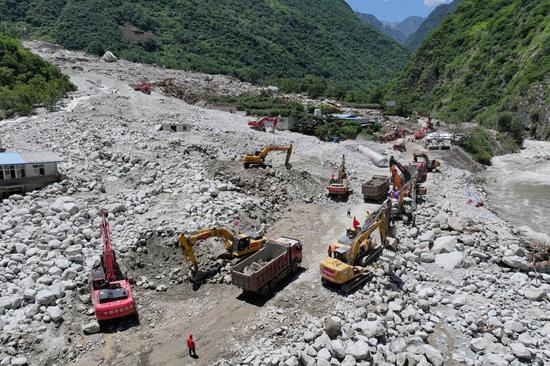
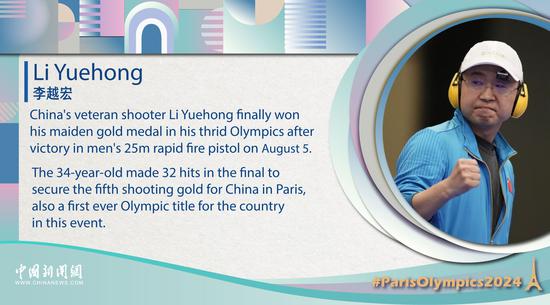
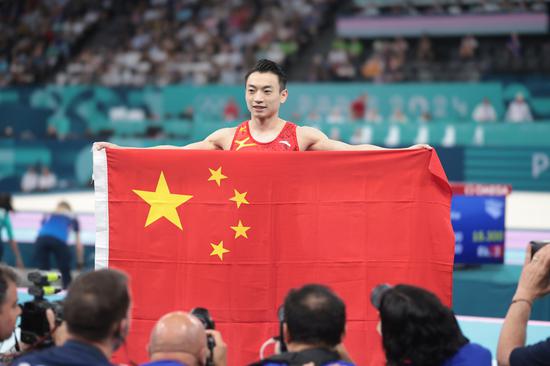
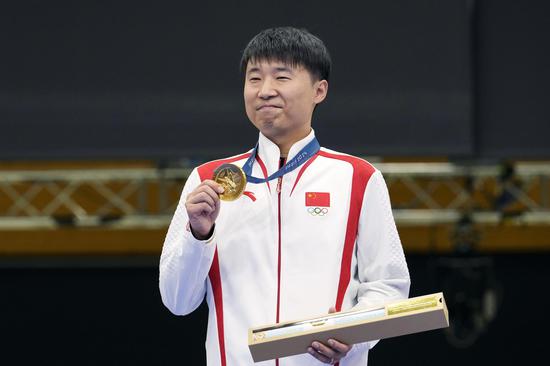
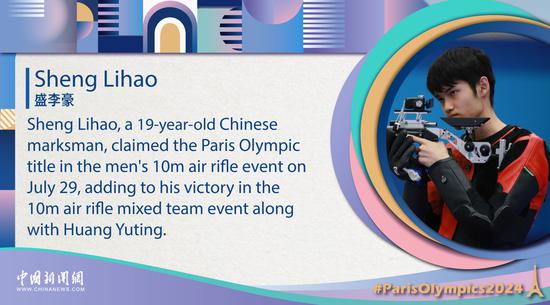
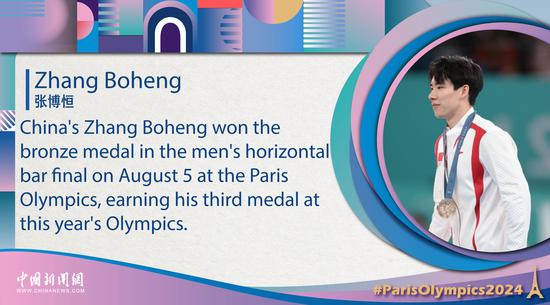
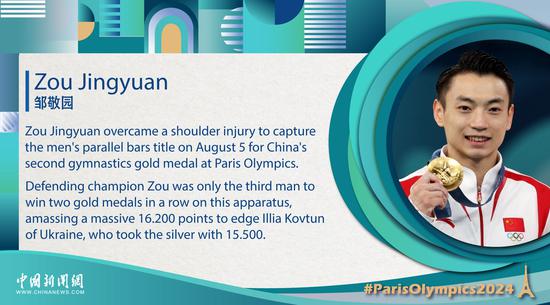
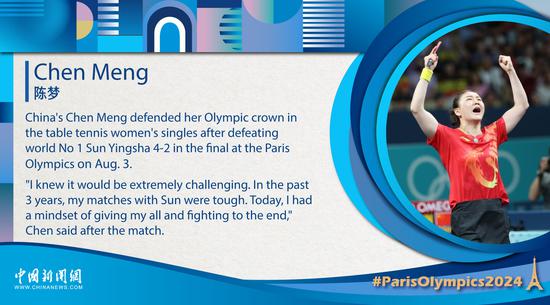
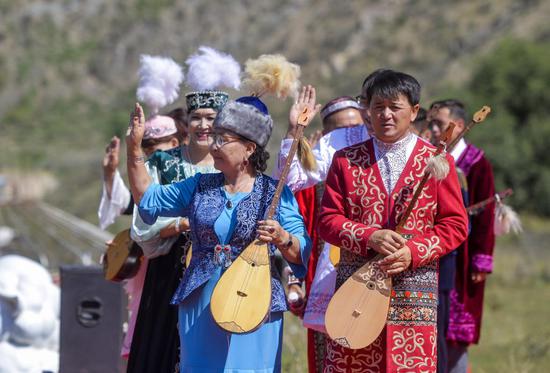
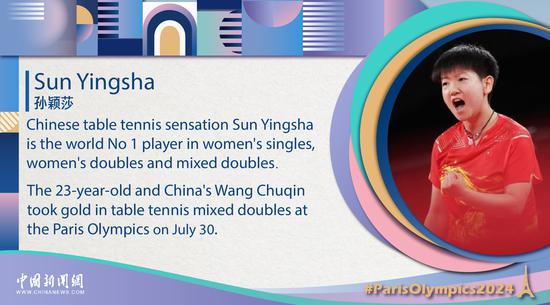
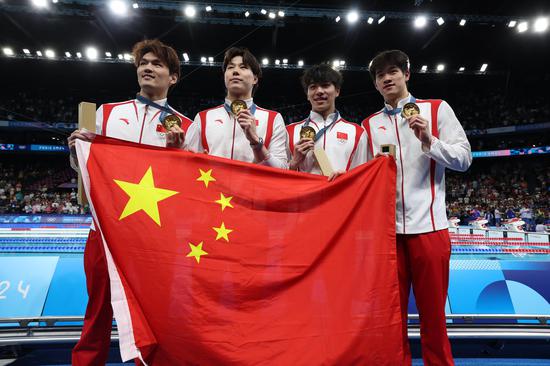
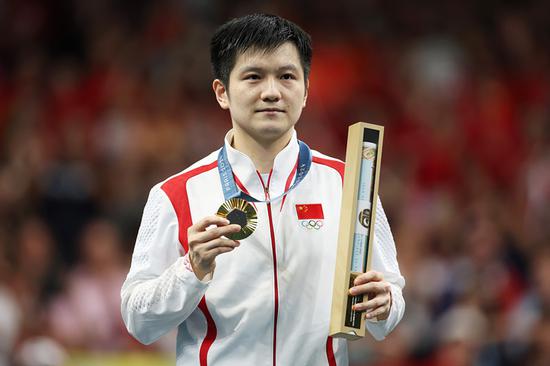

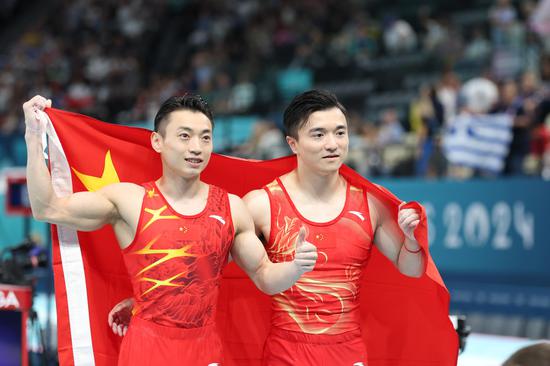
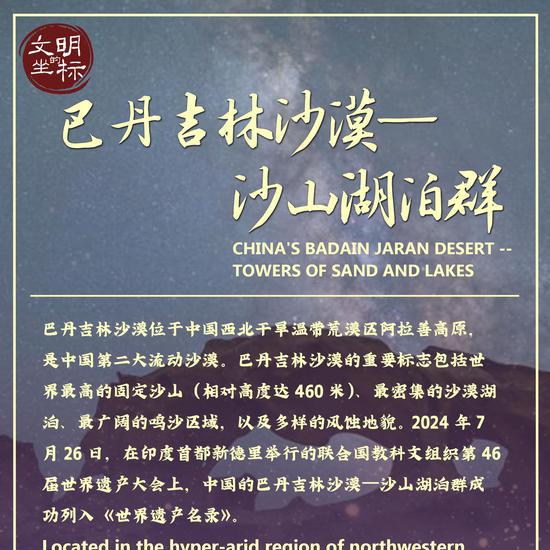
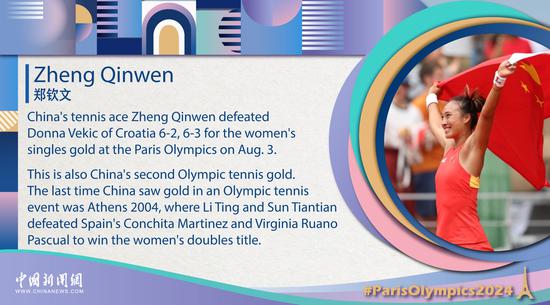
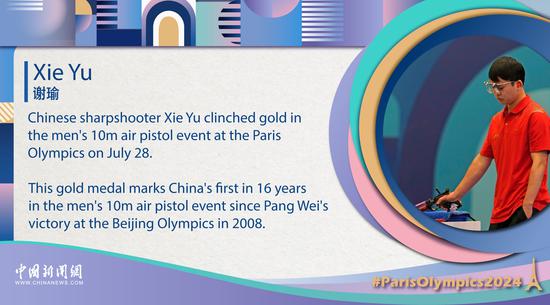
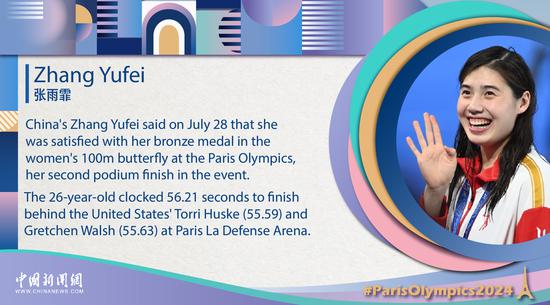
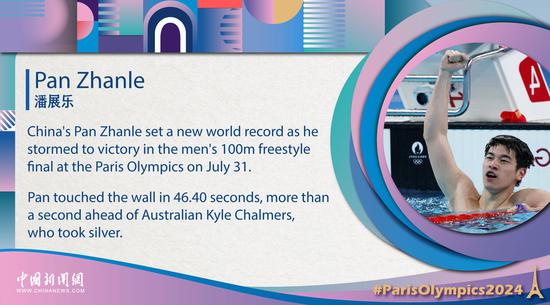
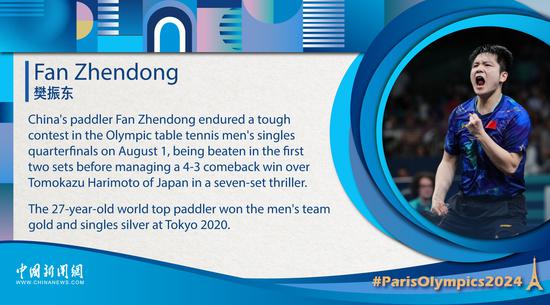
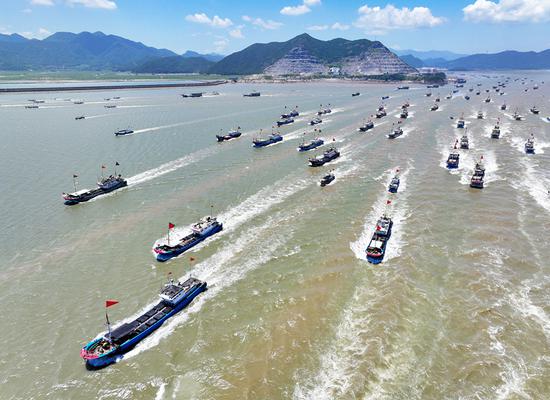
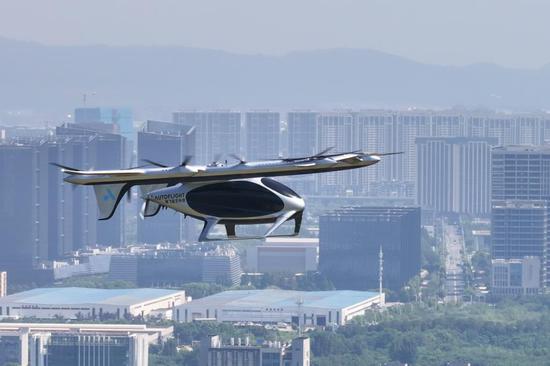
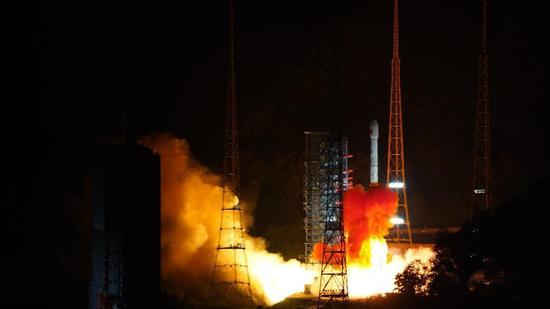
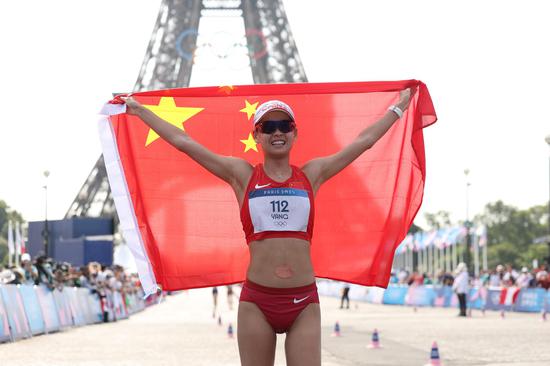
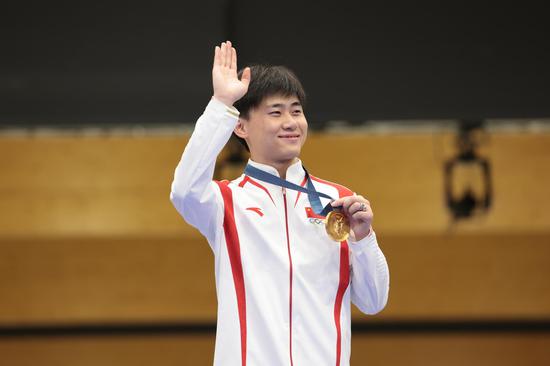
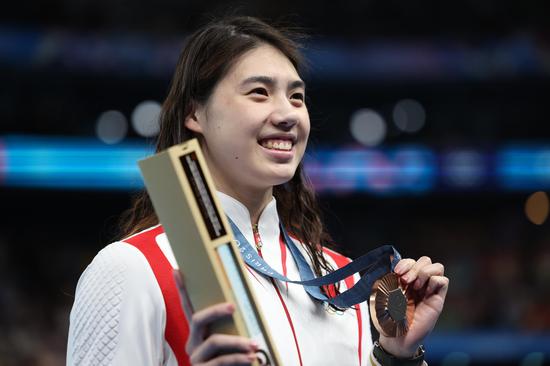
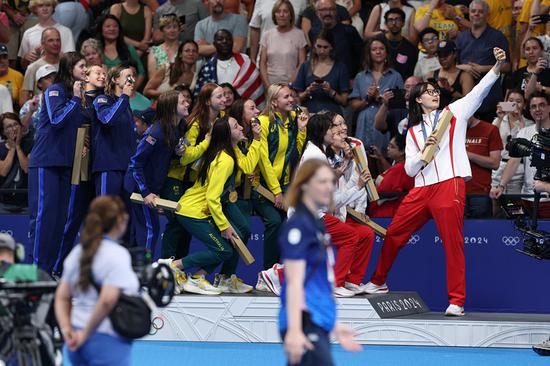
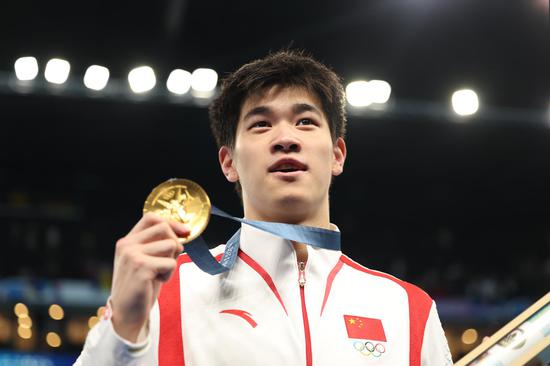
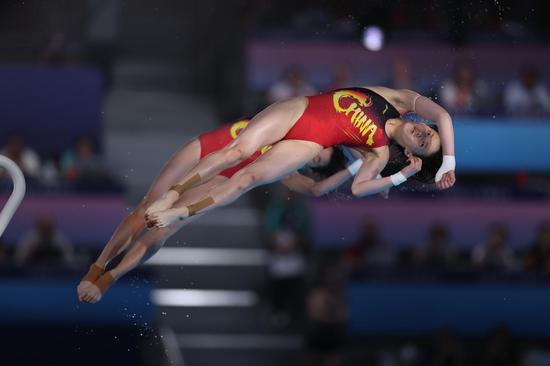
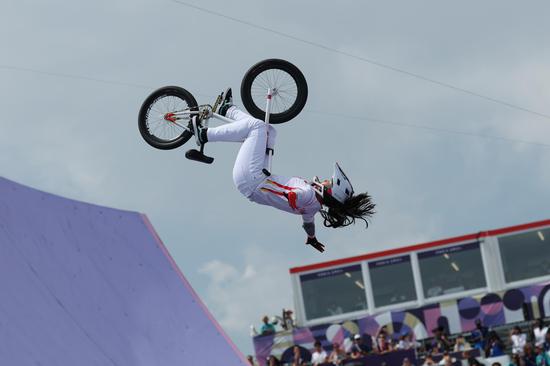
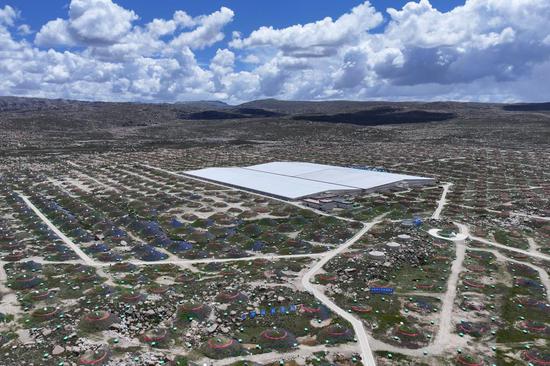
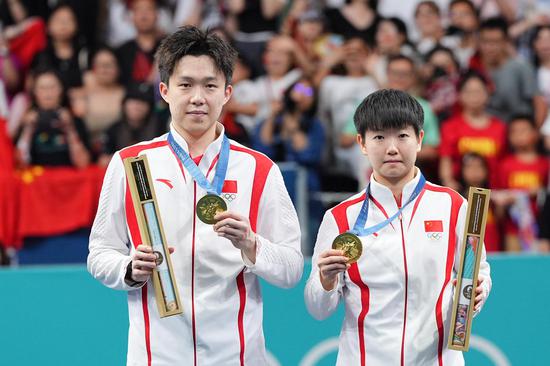
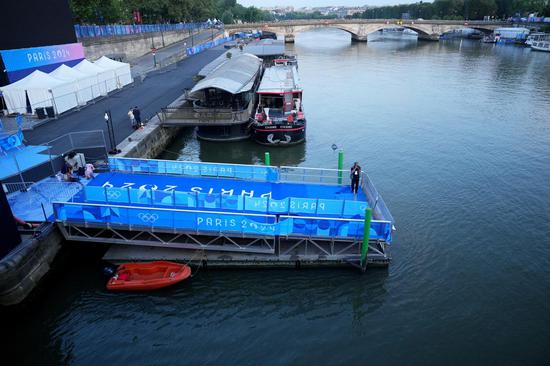
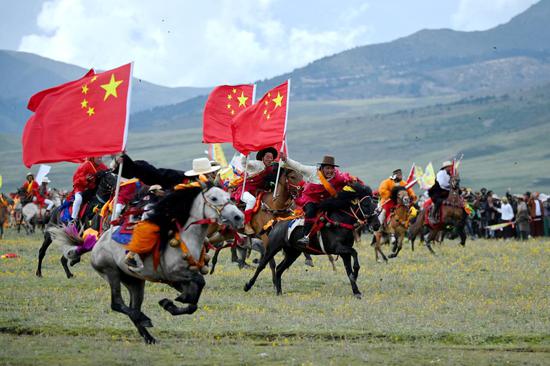
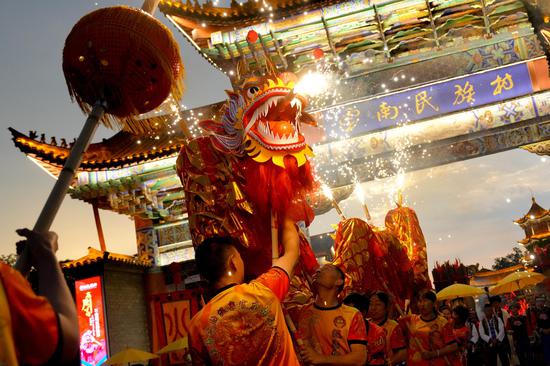
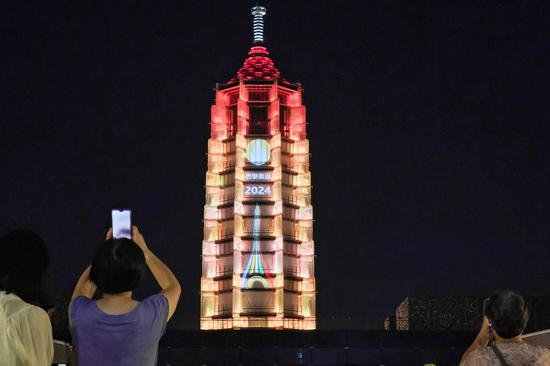

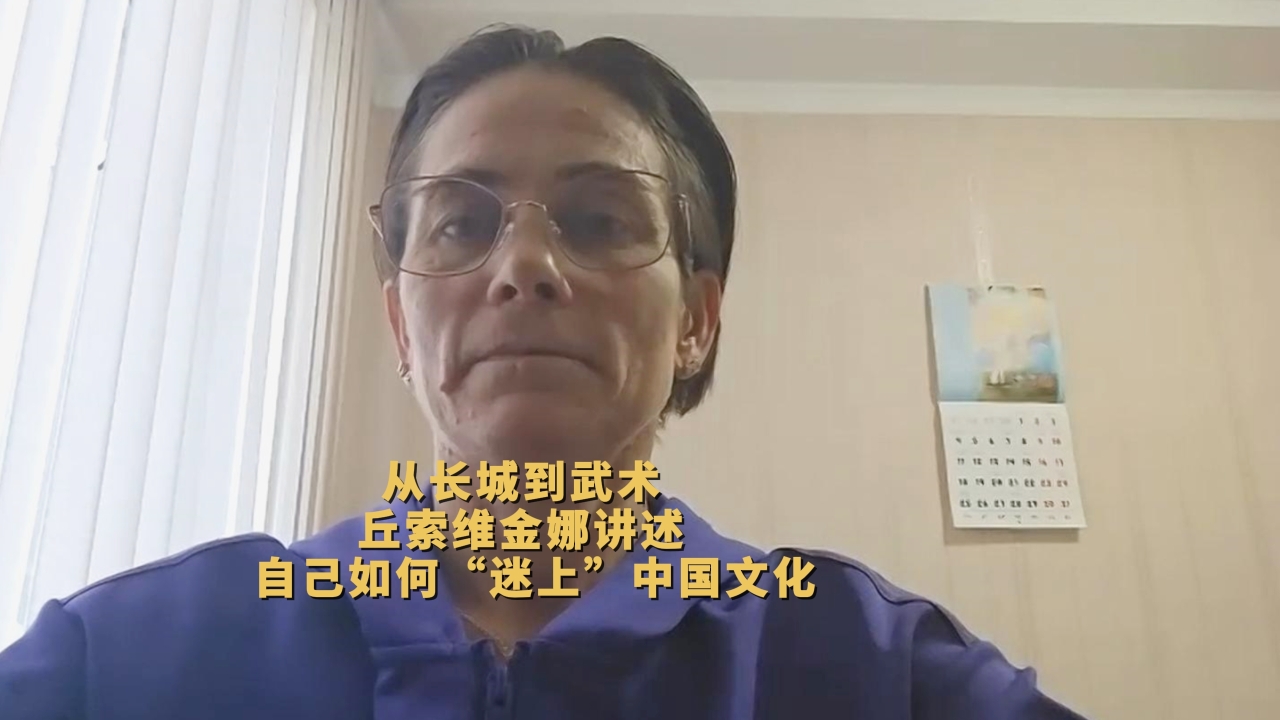

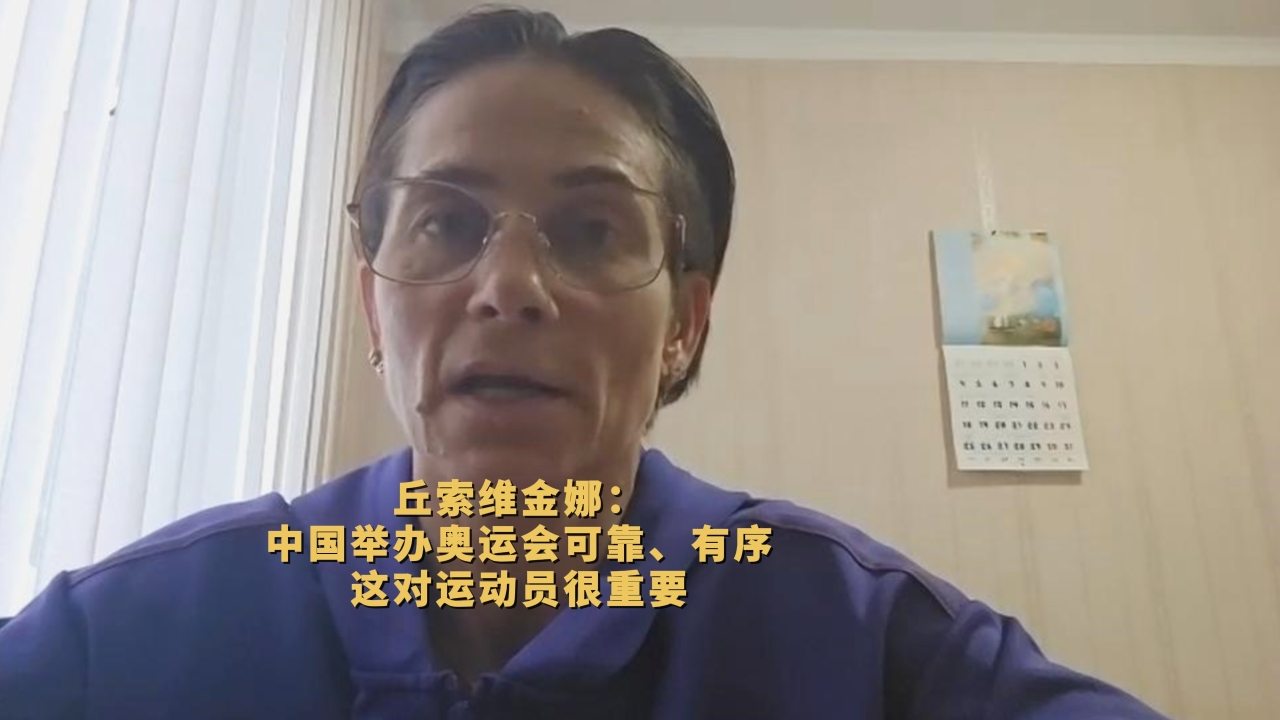

 京公网安备 11010202009201号
京公网安备 11010202009201号
